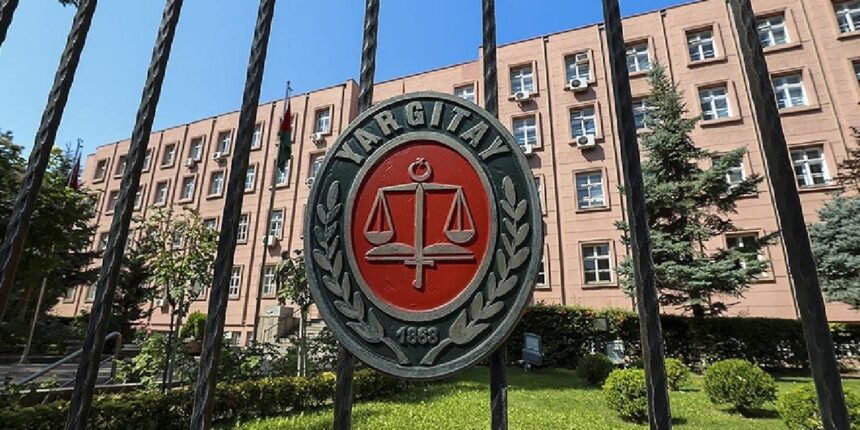In a development raising serious questions about the independence of the judiciary, the 3rd Criminal Chamber of Turkey’s Court of Cassation has upheld prison sentences against six retired military officers in the long-running Balyoz (Sledgehammer) case—just days after a sweeping reshuffle of the chamber’s membership.
The chamber approved the convictions of retired officers Çetin Doğan, İhsan Balabanlı, Behzat Balta, Mehmet Kaya Varol, Erdal Akyazan, and Emin Küçükkılıç, who were previously sentenced for “conspiracy to commit a crime.” The decision effectively closes a 15-year legal chapter that began with accusations of a military coup plot, widely criticized as politically motivated.
Here are the sentences upheld by the Court of Cassation:
- – Çetin Doğan: 6 years and 8 months
- – Behzat Balta: 5 years and 10 months
- – Mehmet Kaya Varol: 5 years and 5 months
- – İhsan Balabanlı: 5 years and 5 months
- – Erdal Akyazan: 5 years
- – Emin Büyükkılıç: 5 years
In the same decision, the chamber also reviewed the appeals filed by the lawyers of six defendants. The review concluded that the procedural steps taken during the retrial, in compliance with the previous reversal decision, were carried out in accordance with the law. It was determined that all findings forming the basis of the verdict were lawfully obtained, and that the claims and defenses presented during the trial were fully and clearly laid out in a manner that allowed for appellate review. The acts in question were correctly classified and matched the legal definition of the offense, and the penalties were applied individually in accordance with the principle of legality. Therefore, the Court ruled to reject the appeal on its merits and upheld the original verdict.
The decision, officially approved on March 20, was taken by the previous members of the chamber but only surfaced today, raising fresh questions about transparency and timing. The fact that President Erdoğan replaced the chamber’s members shortly after the ruling has fueled speculation over whether the reshuffle was intended to control or obscure the outcome.
On April 9, nine new members were appointed from other chambers of the Court of Cassation—including the 5th, 7th, 9th, 10th, and 11th Criminal Chambers—while four sitting members of the 3rd Chamber were reassigned elsewhere. The newly appointed judges include Ahmet Nazmi Alp, Savaş Şahinbay, Ali Öztürk, Fehmi Tosun, Yüksel Gezgin, Hulusi Pur, Müslüm Canpolat, and Murat Pala.
Ironically, President Recep Tayyip Erdoğan himself had previously denounced the Balyoz and Ergenekon cases as conspiracies orchestrated by the Gülen movement. In a speech delivered on March 20, 2015, at the Turkish Military Academies Command, Erdoğan referred to the trials as “plots” and said:
“We were all subjected to a plot, an attempted coup, carried out by a structure organized within our institutions and equipped with strong media support in an effort to take over Turkey.”
He also expressed personal discomfort with the imprisonment of former Chief of General Staff İlker Başbuğ and other senior commanders, stating that he had conveyed his objections to those responsible at the time.
In reality, Erdoğan personally instructed Istanbul Police Intelligence Chief Ali Fuat Yılmazer at the time that İlker Başbuğ must be arrested and imprisoned. Far from opposing the arrests of senior military officials, Erdoğan actively facilitated them.
Despite these remarks, the recent Court of Cassation ruling reaffirms the original convictions—highlighting a sharp divergence between Erdoğan’s past rhetoric and the current judicial outcome. With this decision, one of Turkey’s most controversial legal sagas might have ended—though the debate over its legitimacy is far from settled.



